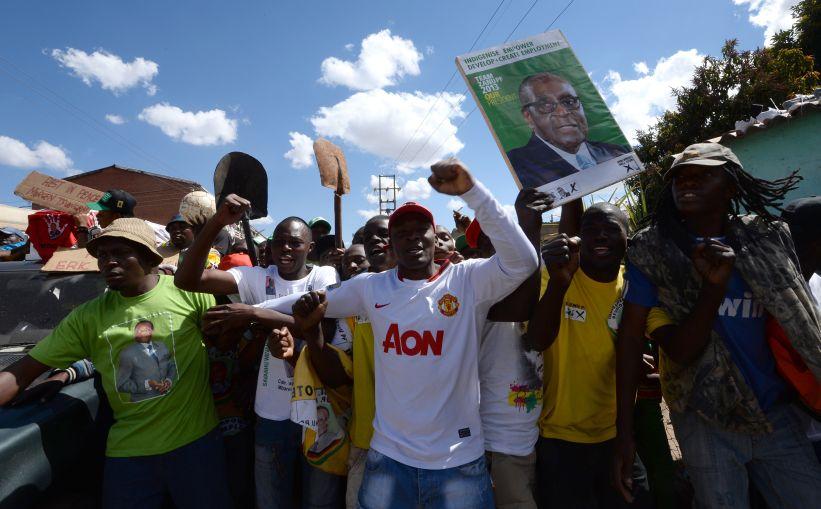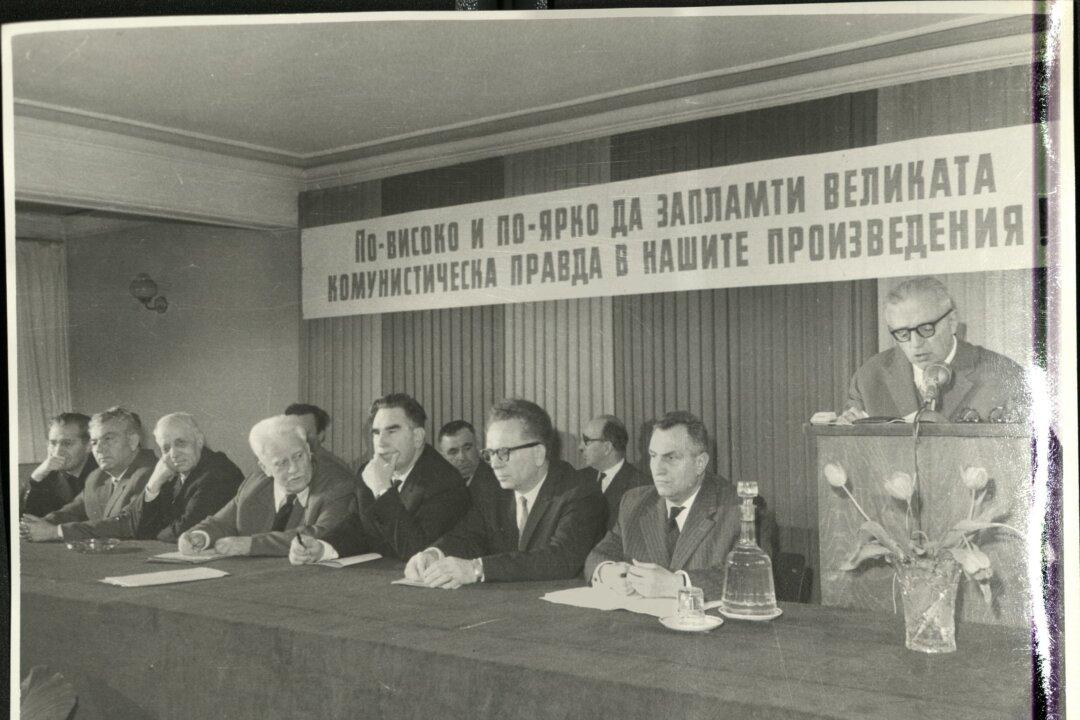Zimbabwe’s disputed elections have left the country in an unstable state—as the chance of a fresh election to settle the dispute looms ahead, some call on the West to lift sanctions and ease the distress.
Robert Mugabe, who has been the president of Zimbabwe for 33 years, won with 61 percent of the votes in the July 31 presidential elections. On Aug. 9, the Movement for Democratic Change (MDC) party, led by Morgan Tsvangirai, challenged the victory.
The United States rejected the election result and Australia called for a new election. The European Union Election Observation Mission was barred from observing the vote; it voiced concerns over irregularities and a lack of transparency.
Although the African Union and the Southern African Development Community (SADC) endorsed the elections, SADC refrained from calling them fair.
Nonetheless, said Zimbabwean political blogger Sir Nige via Skype, “It is important that the world doesn’t isolate us, but ... continues [to] engage our country, because when Zimbabwe is isolated, the ordinary person suffers the most.”
“Just because ZANU-PF [Zimbabwe African National Union Patriotic Front, Mugabe’s party,] has won the elections, doesn’t mean that sanctions should remain,” he said. Sanctions had been placed on the country due to concern of human rights violations perpetrated by Mugabe and other leaders.
Mugabe won 61.09 percent of the votes, securing his ZANU-PF party 158 of the 210 parliamentary seats—a two-thirds majority in the Legislature. Tsvangirai garnered only 33.94 percent, surprising his supporters.
“We want a fresh election within 60 days. The prayer that we also seek is to declare the election null and void,” Douglas Mwonzora, MDC spokesman, said.
Lawyers for Tsvangirai filed papers with the Constitutional Court of Zimbabwe, calling to invalidate the election. Tsvangirai declared the election “illegal and unfair.”
Mwonzora said MDC would provide documents, as well as oral and other evidence to the court to prove its fraud allegations. Mwonzora said, for example, MDC can show 870,000 voter names were duplicates—all with the same last name and all born on the same day.
The Zimbabwe Electoral Commission (ZEC) also said that over 305,000 people were turned away from polling stations because they lacked ID, their names were missing from voters’ rolls, or they were registered to vote in other wards.
MDC wrote on its Facebook page, “The correct numbers are higher than this considering that two million people, particularly in the urban areas, failed to register.”
Fraud Hard to Prove
Vincent Tohbi, program director at the Electoral Institute for Sustainable Democracy in Africa (EISA), said in a phone interview that it would be difficult for MDC to prove electoral fraud. EISA is a nonprofit organization, based in Johannesburg, South Africa, that works to promote credible elections.
“You need to prove that the results at the local level and those at the aggregated national level don’t match. You need to go through all results for each voting station for each area and see if they match in the total,” Tohbi said. “This is a major challenge.”
“In the history of Africa, I know no example of presidential elections being canceled by [the] court,” Tohbi said.
“What is under question is the capacity of the complainers to gather evidence and to meet the court’s deadline for submitting it. That is what the court looks at. If I were an opposition party, I would be now busy gathering evidence. The claims alone don’t give you the right [to say there was fraud], it is the evidence.” Tohbi said.
Although the chance of winning in court seems low, “MDC hopes to use the opportunity, the court case, to expose the fraud they allege to the world,” Gilbert Nyambabvu, deputy editor of The New Zimbabwe, a weekly tabloid newspaper published in the United Kingdom, wrote in an email.
“The danger for them, however, is ... should the challenge fail, the net effect would be a legal validation of the vote and its result—which will make it difficult for Tsvangirai to continue to plead fraud,” Nyambabvu wrote.
Victory Not So Surprising
Even though Tsvangirai and MDC are claiming the election was unfair, others say Mugabe’s victory is not so surprising.
Richard Dowden, director of the Royal African Society, listed two reasons for Mugabe’s victory on his website. The first reason is a common mistrust of Tsvangirai, as Dowden said Tsvangirai lacks the leadership skills to draw people into a vision of a new Zimbabwe.
“Up against a bureaucracy, and more importantly a security system, which is personally loyal to Mugabe, Tsvangirai would have stood little chance of pushing through real change,” Dowden wrote.
“The second factor is one I have heard expressed many times in Africa: do not upset a Big Man. If he is a Big Man and is president and wants to go on being president, then let him have it. Otherwise he will create problems,” he wrote. “‘I will vote for him because he is president,’ is a phrase I have heard in many elections in Africa.”
Nige summarized Zimbabwe’s demographics: “[Zimbabwe has] 2 percent of people at the top, 3 percent middle class, and 95 percent at the bottom. We have 70 percent youth, and 65 percent of the population lives in the rural areas.”
He said people were surprised by the elections, particularly the great margin between the candidates, “but at the end of the day, people have decided: enough with politics.”
“Many think their vote doesn’t count, so they tend to focus on the issues they can influence: the bread and butter issues,” Nige said.
The unpredictable situation has caused economic damage: Bloomberg reported that Zimbabwe’s main stock index fell 11 percent when Mugabe won. Newsday reported that leading up to the elections, some $700 million was withdrawn from the country’s banks.
Nige urges eased sanctions, initially placed on Zimbabwe because of humanitarian concerns, to prevent further suffering of the common Zimbabwean people.





